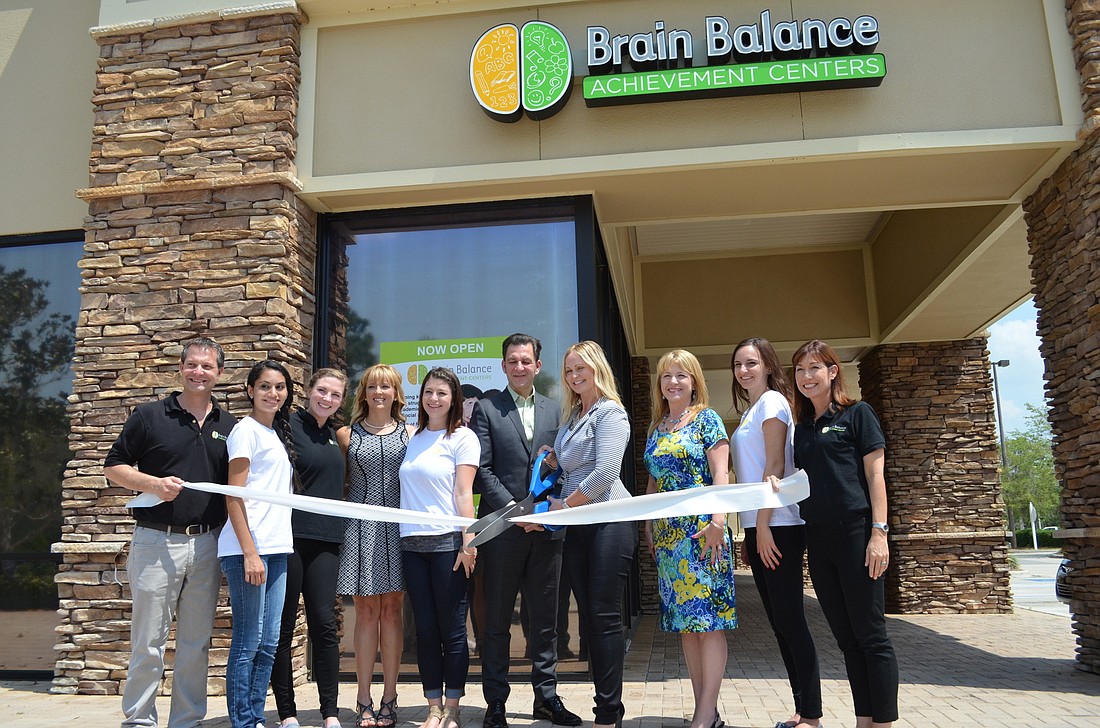- April 9, 2025
-
-
Loading

Loading

It was an “Aha!” moment for Dr. Cynthia Hornback when she came across a book that described the academic challenges facing her son.
The book was “Disconnected Kids” by Dr. Robert Melillo, and it included the foundation for what would become Brain Balance Achievement Centers.
“I’ve always followed Dr. Melillo’s work and learned more about it through my son, Hayden,” Hornback said. “We took him to be evaluated and it hit home. We drove him an hour and a half a week to Tampa for Brain Balance.”
Hayden struggled academically until enrolling in Brain Balance. Cynthia said her husband, Charles, went through similar issues when he was a student.
“Parents don’t sometimes see the similarities between their academic struggles and those of their children,” Melillo said.
Melillo is a chiropractic neurologist, professor, researcher for neurological disorders and author. His 2009 book “Disconnected Kids” lays out the foundation for Brain Balance Achievement Centers across the United States.
After experiencing the program themselves, the Hornbacks decided to open the newest branch of Brain Balance in Lakewood Ranch in April.
The goal of Brain Balance is to address and work toward solving cognitive social and academic issues within children ages 4 to 17. The services specialize in helping children with processing disorders or learning disabilities such as Attention Deficit Hyperactivity Disorder (ADHD), Obsessive-Compulsive Disorder (OCD), Tourette Syndrome, Oppositional Defiant Disorder (ODD) and even mild autism.
“A lot of the kids we work with may not have labels, but the parents know that they’re struggling,” Melillo said.
When children are first enrolled, they undergo a series of assessments to gauge all their senses and to see if there is an imbalance in their brains. Many children with these behaviors will often have an unevenness of skills. A child might struggle to socialize but excel with memorization and reading.
Tests for vision, hearing, touch and even smell are included in the evaluation. Many times, a sense like smell is overlooked during the developmental stage. That means early warning signs can go unnoticed or undiagnosed because it’s not what pediatricians are trained to look for, according to Melillo.
“Their main focus is infectious diseases, looking for medical problems, metabolic problems and genetic problems to keep the child alive,” Melillo said.
Delayed developmental milestones like walking, talking and social cues are key indicators.
“Parents are most commonly told that milestones don’t matter. That is completely wrong,” Melillo said. “They matter and they’re very specific.”
Brain Balance then works on strengthening the parts of the brain through four components: sensory-motor training, cognitive
skill training, at-home exercises and nutritional guidance. Sessions range from 12- to 24-week programs.